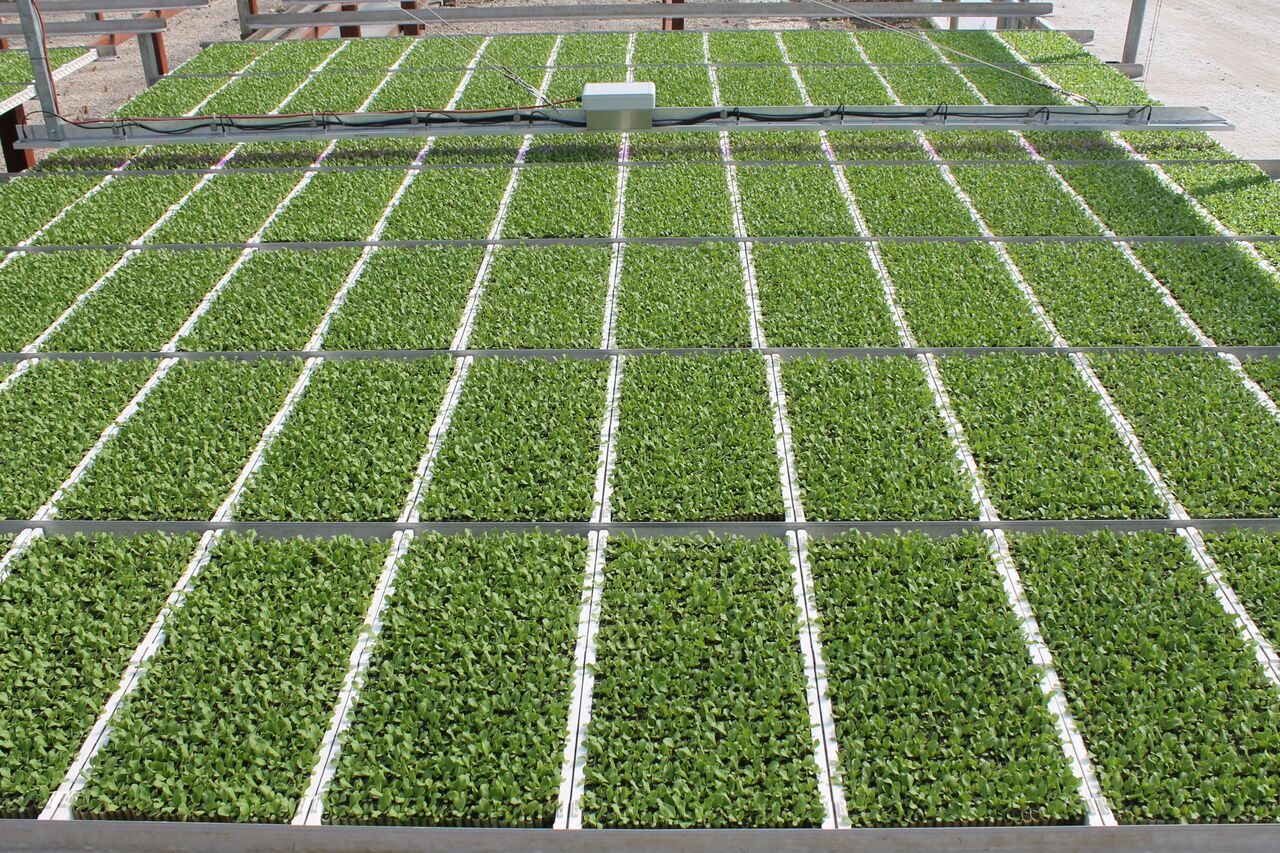New Zealand agtech statup BioLumic has raised a $5 million Series A round to commercialize its ultraviolet light-based seed and seedling treatments. The round was led by agtech VC Finistere Ventures And Radicle Growth Acceleration Fund.
Also participating were Rabobank Food and Agri Innovation Fund and existing investors.
BioLumic has created a seedling treatment using UV light that it says boosts the yield of specialty crops by up to 22% while also making plants heartier and more pest resistant.
“Light is an extremely powerful biological tool that can safely manipulate plants without the concerns often associated with genetic modification, chemical usage, and other unnatural treatments,” said BioLumic CEO Warren Bebb. “BioLumic is the only company using light as an Ag treatment at the beginning of a plant’s life. Exposure to a short-duration treatment of UV-enriched light at a critical stage in a plant’s development turns on characteristics to help the seed or seedling more effectively defend itself against disease or pest attacks and more efficiently use water and nutrients from the soil for its entire lifespan.”
The method was discovered at Massey University in New Zealand when Dr. Jason Wargent (now BioLumic chief science officer) was studying how increased exposure to UV spectrum of light would effect plants — research at the time which was linked to cilmate change and the shrinking ozone layer.
Researchers discovered that limited exposure to UV spectrum at a particular time in the life cycle of a seedling could pull certain levers within the plant genetics and lead to a heartier plant in a process called UV photomorphogenesis.
“By upping the UV dose to react in a certain way, the plant is reapportioning resources towards areas that we’re targeting and stimulating secondary metabolism and hormone signaling,” said CEO Warren Bebb to AgFunderNews.
Bebb explained that with a few days of UV treatment, plants which are sprouted in a greenhouse fare better when transplanted to the field and benefit from more efficient photosynthesis. Bebb says that the treatment an also be designed to influence traits like color and flavor.
“In indoor growing systems we’ve been able to improve color and also flavor profiles with a late-stage treatment,” said Bebb.
“I fully expect this technology will have applications in vertical farming because you can get better uniformity,” added Arama Kukutai of Finister Ventures, which is also invested in indoor farming company Plenty. Kukutai also believes that this technology could be helpful in converting growers to automated harvesting because BioLumic says that it can contribute to more consistent plant size — a pre-requisite when considering robotic harvesting of any crop.
BioLumic has been conducting two pilot studies on its seedling treatment: one with Taylor Farms Mexico and one with a European grower. These pilots have focused on lettuce, broccoli, strawberry and tomato seedlings.
“We’re coming to the end of those trials and have a seedling treatment system that we’ll be able to scale,” said Bebb.
This funding round will be put to use commercializing the seedling treatment process (which is administered by a thin metal arm equipped with UV lights passing over tables of seedlings). The company will also be looking to develop a seed treatment process using the same concepts that would expand its reach beyond horticulture to broad acre crops.
“Some of the most valuable technologies to date in our space have been seed treatments,” said Kukutai.
Both Kukutai and Radicle’s Richard Haney will join BioLumic’s board.
photo: BioLumic





